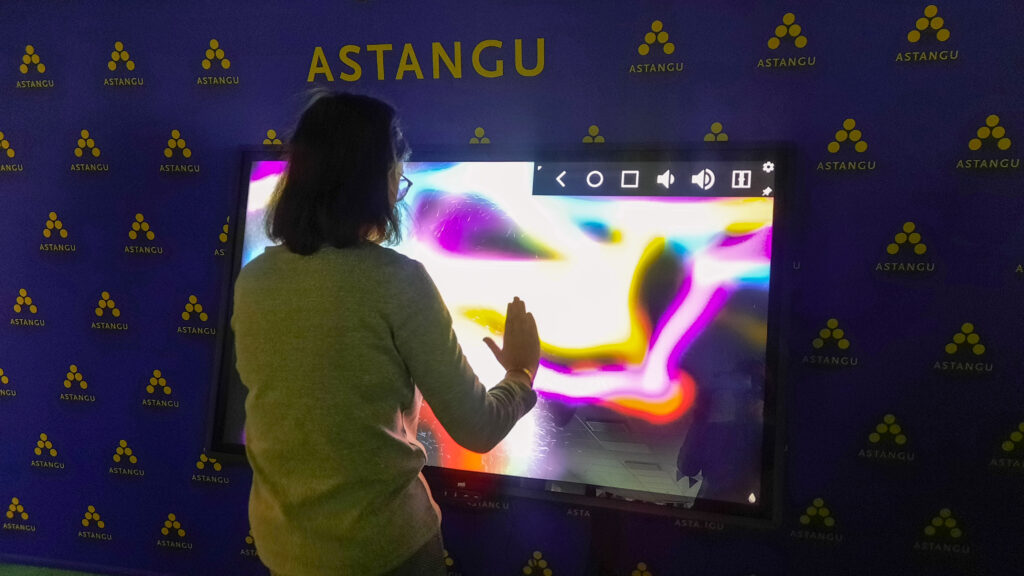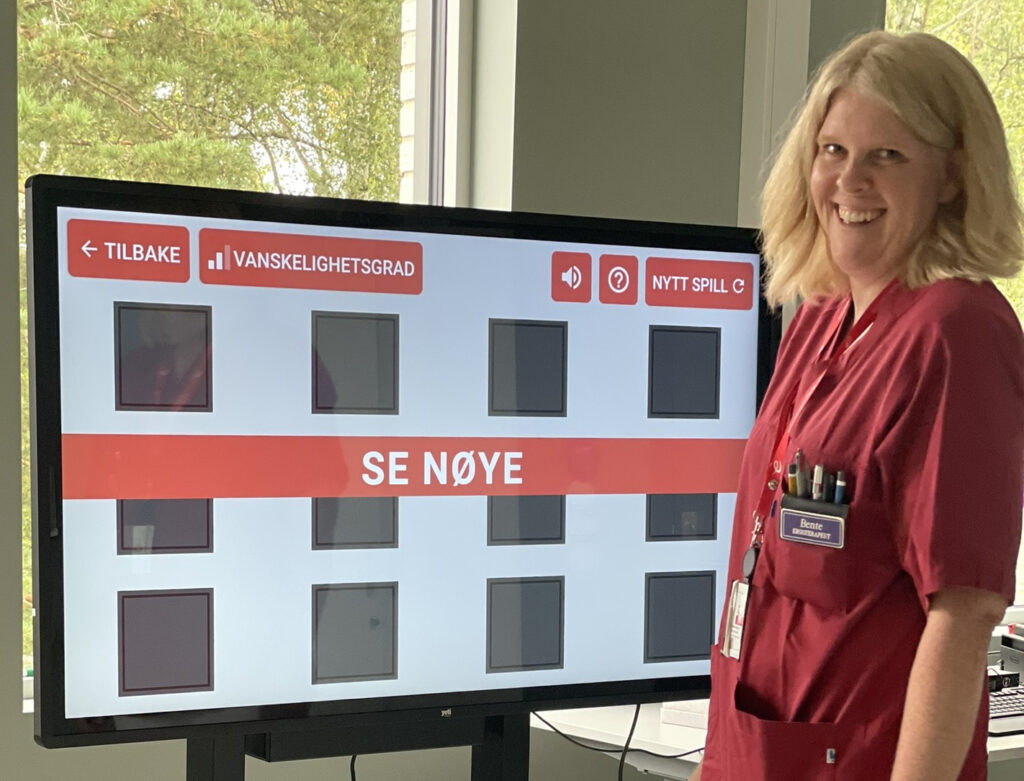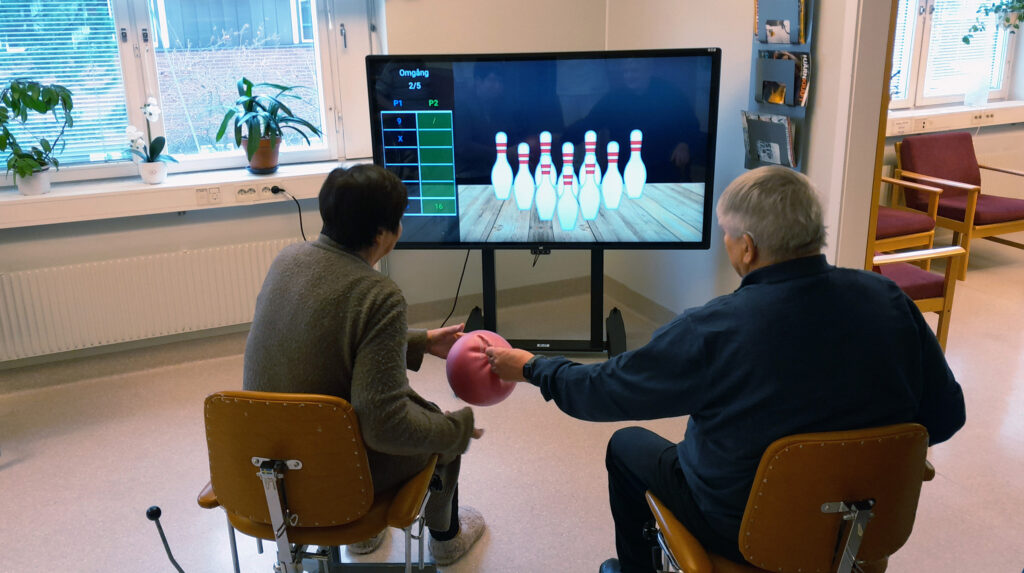Customer stories
YetiCare empowers independence and self-determination for people with disabilities in Connecticut
Customer stories
20.12.2022

The Connecticut Department of Developmental Services (DDS) embarked on a mission to transform the lives of individuals with disabilities by embracing assistive technology as a means to enhance their independence and self-determination. As part of this initiative, the DDS discovered Yetitablet, a giant Android operating tablet offered by YetiCare, a pioneering health technology solution provider.
About the Department of Developmental Services of Connecticut
The Connecticut Department of Developmental Services (DDS) is a state agency that administers programs for individuals with intellectual disabilities, which promote social, physical and economic well-being. DDS is committed to a philosophy of person-centred planning and embraces a mission and vision that is based on a foundation of self-determination, choice, responsibility, freedom and independence for individuals to achieve their full potential.
The Department is committed to ensuring access to technology and information to improve the independence, productivity, and quality of life of people with intellectual disabilities. The department integrates assistive technology and interactive demonstration sites at respite centres, so individuals, families, and local stakeholders can view and experience a variety of assistive technology products dedicated to improving the quality of life, safety, and independence. By doing this, they aim to spread information about assistive technology and enable residents to test and accelerate their use.
The challenge
The state of Connecticut is determined to become a “Technology First” state. This is an initiative that plans to expand access to technology for people with developmental disabilities and create a culture of making assistive technology, augmentative/alternative communication, and environmental adaptations a priority in the planning process. By aiming to become a Technology First state, the DDS is supporting innovative technology that can assist the individuals they support with enhanced:
- Physical Health
- Mental Health
- Independence, Autonomy and Responsibility
- Freedom of Choice
- Self-Determination
- Community Integration
- Employment Opportunities
- Safety
The health technology solution
After the first meeting with Yetitablet, Amy Blaze -Director of Self-Determination at DDS, was left with a positive impression of Yetitablet’s potential in accelerating the achievement of greater levels of independence and self–determination for the individuals the DDS supports.
“We’ll be using Yetitablet to facilitate goal attainment with the individuals we assist in areas of their lives like independent living, smart home control, safety, access to resources, traditional and non-traditional therapies, employment, enhanced communication, and general life-long learning. The tablets are also instrumental in accessing apps that will allow for life-sized electronic face to face visitation, remote supports, online socialization with friends and family, access to employment, and even travel training.”
Amy Blaze
As a division Director at the Developmental Services, Amy seeks to find solutions that can assist Connecticut in becoming a “Technology First State”. Yetitablet is helping her achieve her goals due to its ability in promoting self-direction and self-determination.
“One of the things we like about the Yetitablet is that we have access to so many nice applications. Having many options means that we can tailor the use to the individual and help them achieve their action plan goals whether that is to engage executive brain function, cognitive stimulation, communication, fine and gross motor skills, socialization, or to have alternative forms of progressive therapeutic recreation”
Amy Blaze
Although the DDS evaluated other alternatives, they chose Yetitablet due to its unique adaptability in the care environment. The motorized stand allows the device to adapt to the needs of the user, whether it’s a small child or a person in a wheelchair. As the DDS works mostly with people with ASD who have bursts of aggression, the safety glass provides the piece of mind that the users will not injure themselves or break the device.



